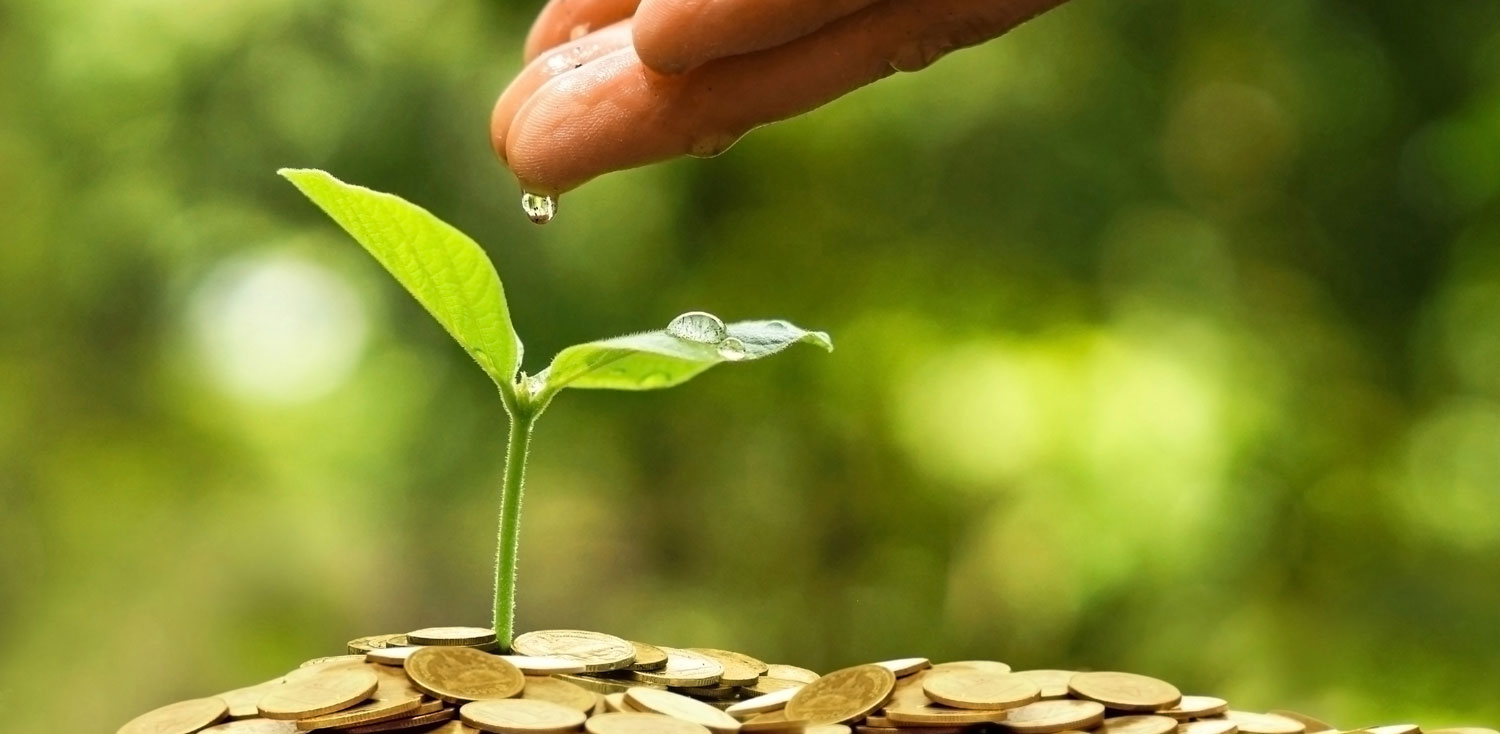Who says nice guys always finish last? As the reach of ethical investing grows, figures from the 2015 Responsible Investment Australia Benchmark Report reveal that core responsible investment funds surged 24 per cent in 2014 to $31.6 billion. A broader definition in the report, factoring in managers who integrate ESG principles (environmental, social, governance) into their investment process, claims the ethical market now accounts for about 50 per cent of Australia’s total assets under management (TAUM), or nearly $629.5 billion.
However the numbers are calculated, the sector’s growth does not surprise Dr Stuart Palmer, head of ethics at Australian Ethical Investment, which for 30 years has pursued socially responsible investment strategies, avoiding those that harm people, animals, society or the environment. One of the keys to the rise has been performance, with Australian Ethical’s flagship Australian shares fund delivering returns of 10 per cent a year over its 20-year history, exceeding its benchmark index.
“We’ve shown you don’t need to trade off ethics and performance,” says Palmer. Investments in sectors such as healthcare, renewable energy, clean technology and education are in favour, he explains; the likes of tobacco, fossil fuels and pornography are no-go areas.
The simplest way to check a fund’s ethical credentials is to look beyond the marketing hype and check the companies and sectors in which the funds put their money.
With superannuation fund members increasingly demanding an ethical approach to investing, Palmer urges them to do their homework.
Some funds, for example, may assess environmental and social impacts “through a financial lens”. “Whereas for us, they’re independently important, and we are very clear about how we take into account these environmental and social impacts.”
The simplest way to check a fund’s ethical credentials, according to Palmer, is to look beyond the marketing hype and check the companies and sectors in which the funds put their money. “If the ‘ethical’ option looks 98 per cent the same as the mainstream funds, you have to ask how real it is,” he says.
Despite core ethical investments representing a relatively small share of the market, Palmer believes ethical investing is at a tipping point as issues such as global warming, human rights and animal welfare come to the fore.
“We see it growing significantly, becoming much more mainstream.”


